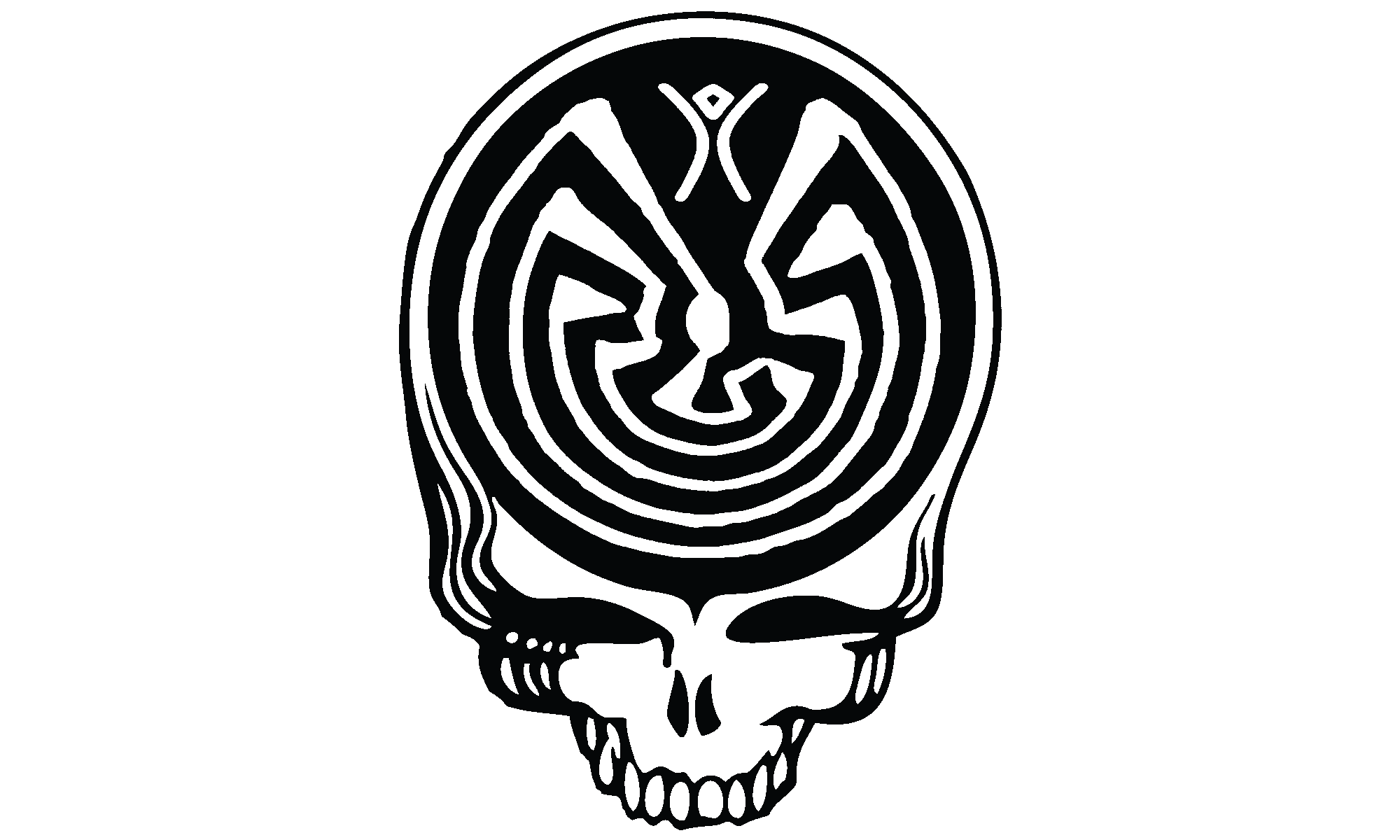I’ve been using WordPress for my site/blog so long I don’t remember when I started. It was definitely more convenient than the html blog I maintained in 1996 and edited with vi; though not as fun and quirky as the website I built with HoTMetaL Pro.
WordPress offers a slew of cool features and plugins. There are thousands, though I only use a few. Pretty much anytime I set up WordPress for a friend, there are two plugins I always install and activate:
- Duo for MFA logins, to protect against brute force login hacking.
- Askimet to block comment spam.
Both have been free to use within limitations. Duo has a free tier that allows you to have up to ten users, which is more than enough for personal WordPress installs where one or two users is the norm. Askimet is free for non-commercial sites, which is what I’ve always considered this site to be.
This site is a mixture of the occasional security/tech tips, political rants, television show plot speculation, and a bunch of highly personal posts I’ve written and hidden over the years. In short, this site is just my personal bullshit.
Like everyone else who has hosed their own content through the Web 2.0 evolution, I added Google adSense and Amazon affiliate links to my site in the hopes of capturing some of that sweet sweet internet money. But, like I said, this site is bullshit, so it isn’t raking in the ad cash. In the last four years it has made $27 in Google adSense (Less than the threshold necessary for them to pay out.), and since the ads were obnoxious I wound up disabling them. I’ve also made a whopping $0.40 in Amazon affiliate commissions in the last year. I’m Canada rich!
Well, times are hard in the tech world, and that means money grabs. Everyone has heard of Elon and his Blue Check Scam, but there’s a lot of similar money grabs that aren’t making the news. Askimet, owned by Automatic who also owns WordPress, Jetpack, and Crowdsignal, has started scanning websites for any hint of monetization and is categorizing those sites as commercial. I received this email on December 29th:
Thanks for using Akismet to prevent spam on your site, ghostwheel.com.
You’re currently using Akismet for free, but the free plan is only allowed on non-commercial sites.
You are displaying ads on your site, so it does not qualify as non-commercial.
To continue using Akismet, please upgrade to the $10/month Plus plan.
If you continue using the free plan, your account will be suspended.
If you have any questions or believe that you have received this email in error, please get in touch.
Thanks,
The Akismet Team
Ummm… OK… I go and look at my site settings, and I confirm I don’t have Google adSense anymore. Given how much I’m raking in on Amazon I didn’t even think about those instances. After contacting support, they confirmed that the existence of those Amazon links qualifies me as commercial, and that I need to pay them $10/month (US) to keep using their service.
Yeah, nah; that ain’t going to happen. So, I’ve disabled Askimet. Within the first few minutes blog spam started showing up in my moderation queue, which is just the annoyance Automatic/Askimet is counting on to make me shell out $10/month for their service. Rather than give in to extortion, I’ve installed a plugin for managing code snippets, and I’ve activated the built in snippet for disabling comments on all pages. Welcome back to Web 1.0, brought to you by Automatic, makers of WordPress and Askimet.
UPDATE: So, Bob, a “Happiness Engineer”, wrote me back to point out that “For what it is worth, this isn’t a new policy:” Yeah, Bob is right, this policy isn’t exactly new. But, it wasn’t the policy back when I first started using Askimet. Back then the policy was a lot more forgiving: “The free plan is designed for personal sites only. If your site is commercial in nature or involves a business than you need to sign up for one of the paid plans.” My site is not commercial in nature, and does not involve a business. The prohibition against ads wasn’t added until September of 2019, and as far as I can recall Askimet did not proactively reach out to advise of this change to their policy. So, while the change may not be new, it wasn’t an informed change; and the aggressive campaign of hunting down websites that have a couple of affiliate links is certainly new.
